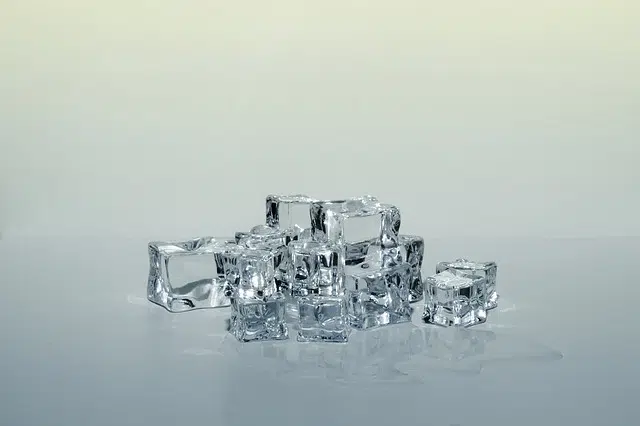
A change of state implies a modification of the physical characteristics of an element.
In order to fully understand the meaning of the term change of state , it is essential, first of all, to discover the etymological origin of the two most relevant words that give it shape:
-Change is a word that derives from Latin. Specifically, it comes from "cambium" which, in turn, emanates from the verb "cambiare." It means "give one thing for another."
-State, for its part, comes from the Latin word "status" which comes from the verb "stare", which can be translated as "to stand still."
A change implies a modification , an alteration or a conversion . State , for its part, can refer to the situation, condition or stage of something. These two definitions allow us to affirm that a change of state is a transformation .
What is a change of state
The concept of change of state , therefore, is used with reference to the evolution of a substance in different states of aggregation without changes in its composition being recorded. The most common states are gas , liquid and solid .
The change of state refers to the physical characteristics of the elements: when oxygen leaves the gaseous state to become a liquid, for example, it is still oxygen . There is no mutation of the substance into a different one.

Vaporization involves a change of state: a liquid becomes vapor.
The case of water
It is possible to understand the notion of change of state by analyzing the case of water . This substance, composed of one oxygen atom and two hydrogen atoms ( H2O ), is in a liquid state when its temperature is above 0ºC and below 100ºC . If we place a glass of water in a freezer with a temperature of -5ºC, a change of state will be registered and the water will become solid (it will become ice). On the other hand, if we put the water in a pot and heat it until it reaches a temperature above 100ºC , the liquid will begin to evaporate and transform into a gas (it will become vapor).
These changes of state can be produced by fusion (from solid to liquid through heat); boiling or vaporization (from liquid to gas, also by heat); condensation (from gaseous to liquid); solidification (from liquid to gas); sublimation (from solid to gas); or reverse sublimation (from gas to solid).
Change of marital status
However, it should not be overlooked that a change of status also refers to a person's marital status. That is, if you are single, married, widowed, separated, divorced...
In this way, when it is mentioned that someone has had a change in status, it means that they have modified that very important situation in their personal life. A modification that is essential for the person to make known to the Administration to, for example, be able to access aid, scholarships and even in order to file the tax return in the appropriate way.
Precisely in relation to that there is another change of state. Specifically, in the profiles of the different social networks, Internet users can establish their marital status. However, they can change this when they deem appropriate and after that their followers will be informed with the message: "Pepe has made a status change: from married to single."
